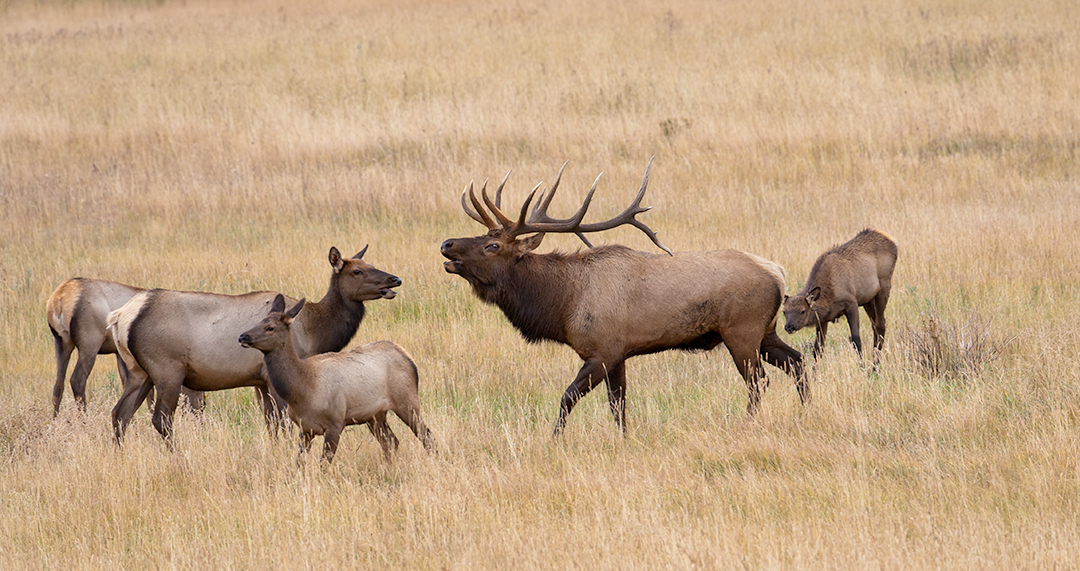USA - Fish and game works to reduce Magic Valley elk population
23.01.2020 479 views
ScaleAgData Stakeholder Engagement Event
22.10.2024The ScaleAgData project is pleased to invite you to our second stakeholder event. Building on the discussions and connections formed during our first webinar, this event will focus on fostering collaboration among stakeholders, providing updates on our project’s progress, and outlining future opportunities for engagement.
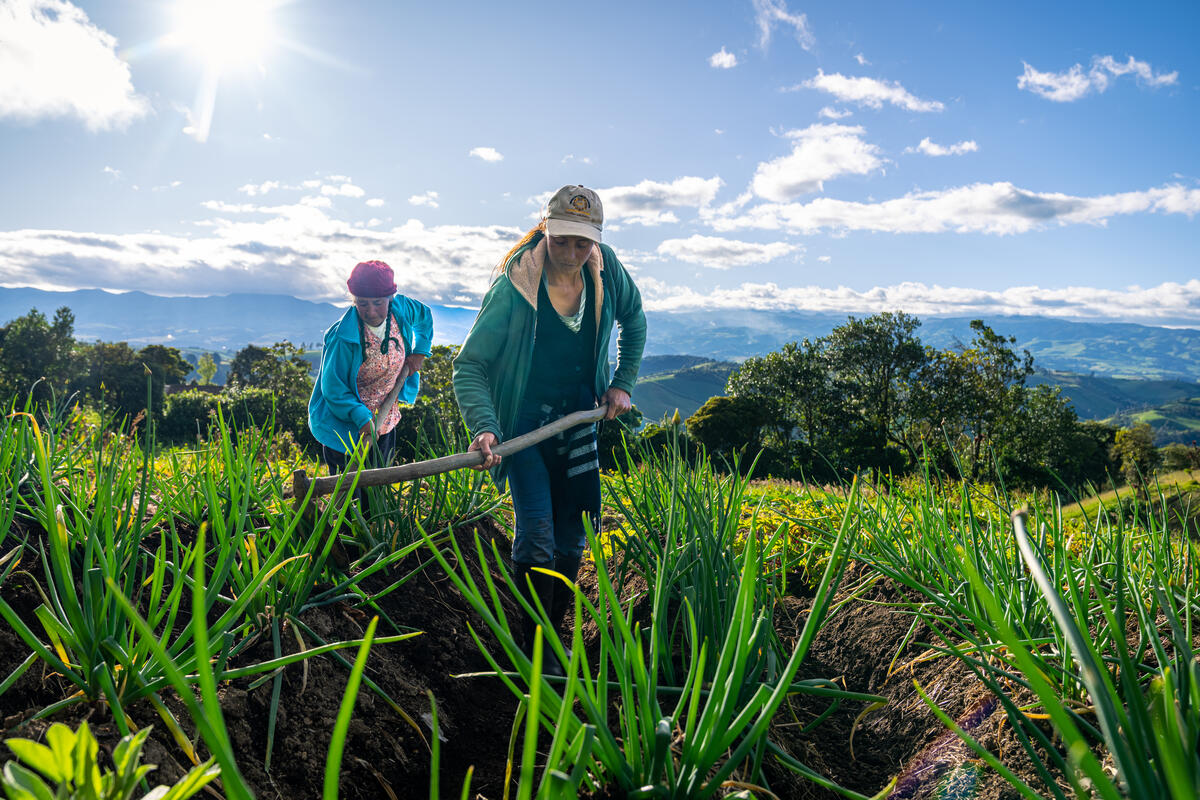
Joint Partnership Brings Parametric Cover for Ecuador Agri Risks
Ecuador has contracted its first parametric agricultural insurance policies, benefitting up to 10,000 people in smallholder rice and maize farming households against extreme rainfall and drought-risk.
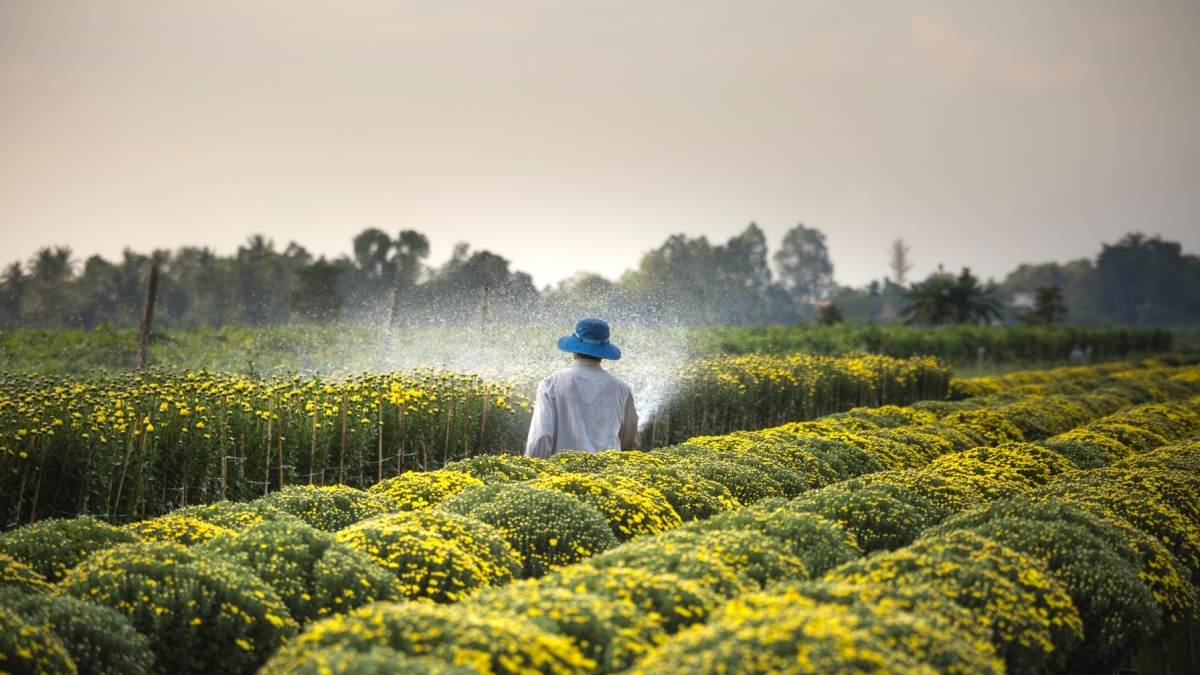
South Korean farmers sue utility giant KEPCO over climate damage to crops
As harvest season approached last November, farmer Ma Yong-un walked through his apple orchard in southern South Korea with a growing sense of dread.
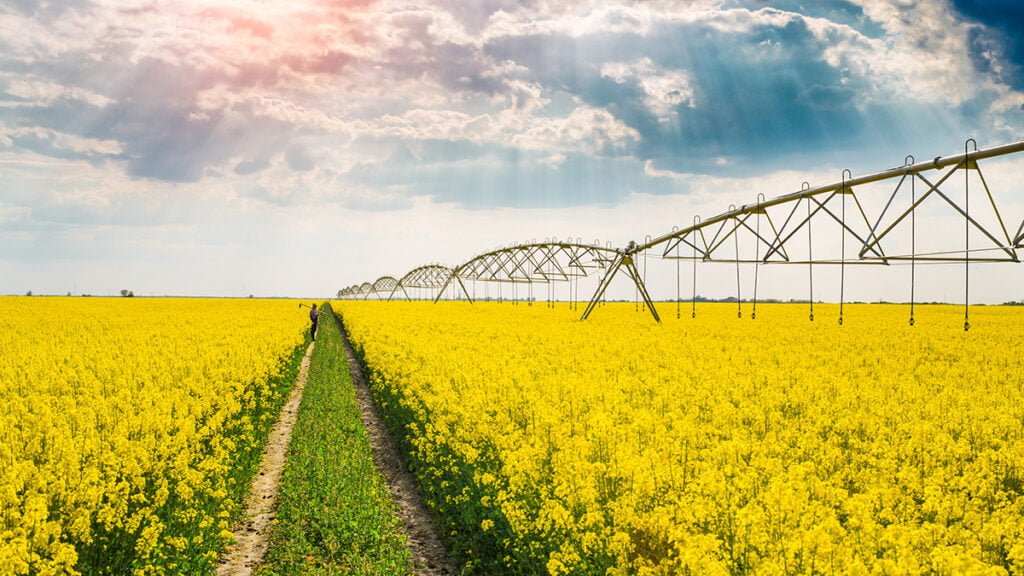
Australia - CSIRO unveils new tool to help farmers measure environmental footprint
Farmers across Australia will be able to use FarmPrint to evaluate and communicate the environmental footprint of their agricultural production.
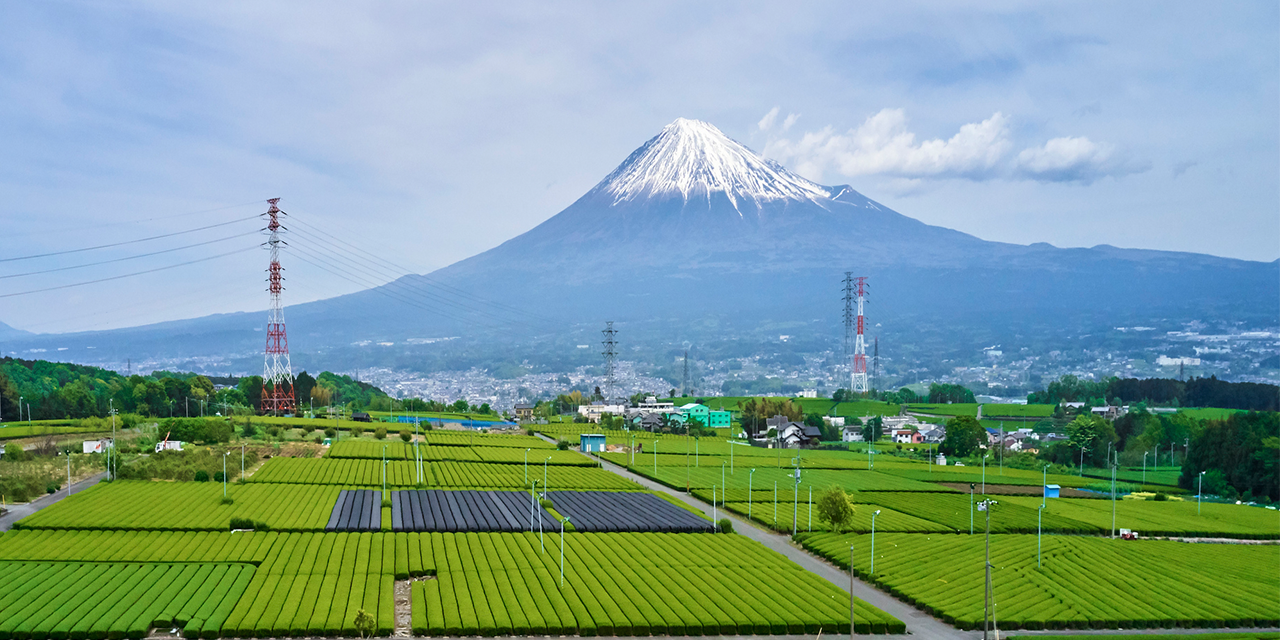
How Japan is using tech and partnerships to protect its agriculture
As climate change accelerates and brings more frequent natural disasters and rising temperatures, agriculture worldwide is entering a period of profound transformation.
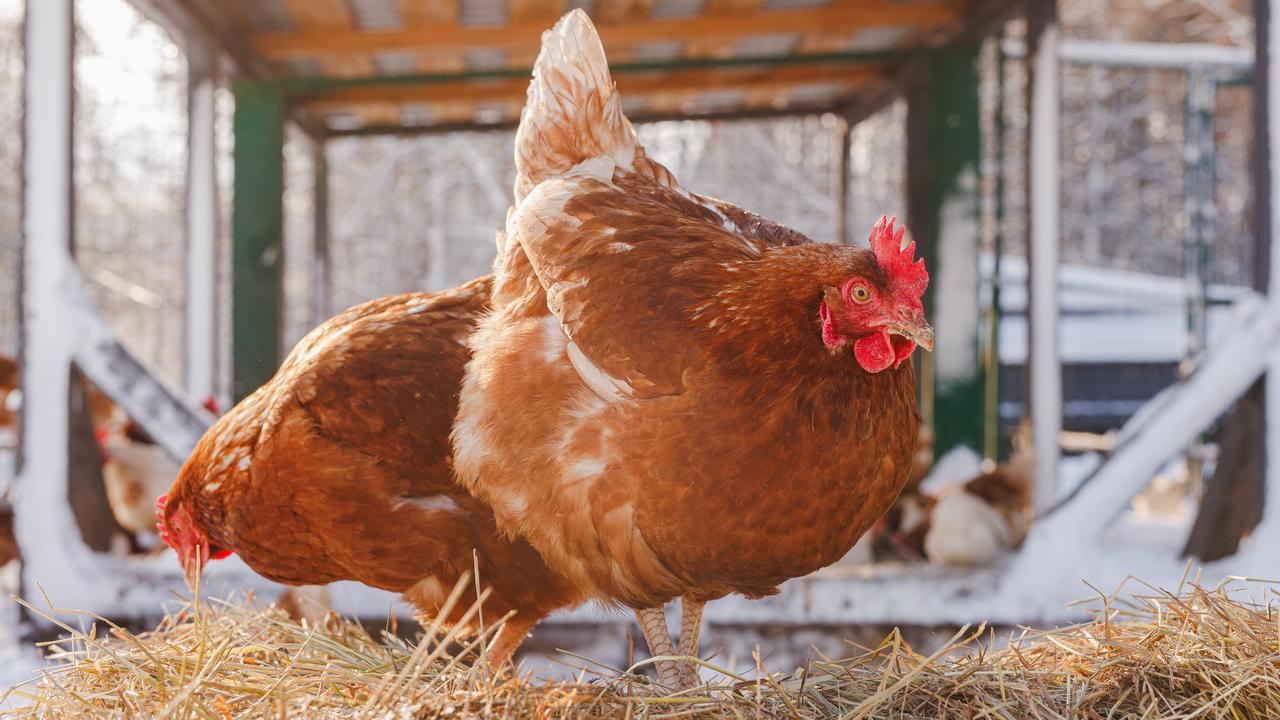
UK - Row breaks out over ‘disastrous’ chicken welfare plan
A charity official has claimed food industry plans to launch a new Sustainable Chicken Forum (SCF) are “disastrous” for animal welfare.
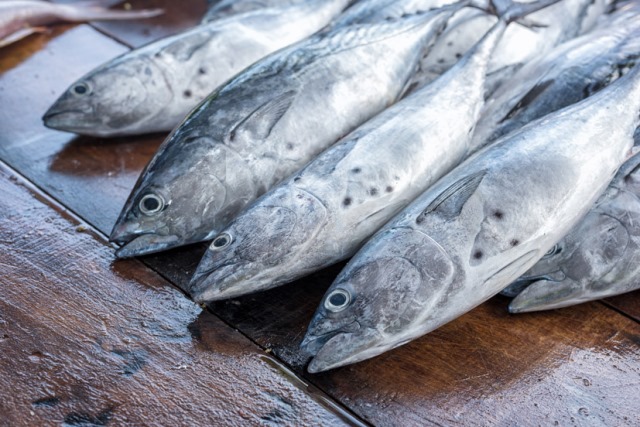
Ghana - COA targets US$10m in investments for blue food sector through innovation hub
The Chamber of Aquaculture (COA) Ghana says it is targeting about $10million in investments for businesses in the blue food sector through the establishment of it Blue food innovation hub in ten years.
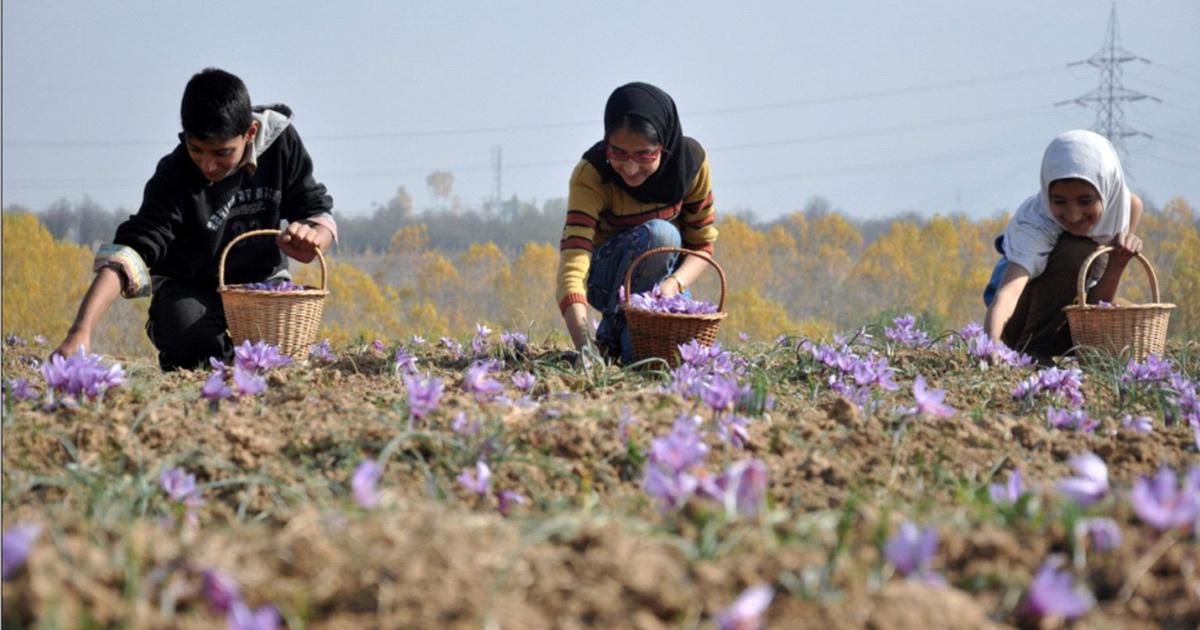
India - Govt identifies L1 insurers for Restructured Weather Crop Insurance Scheme in J&K
Under the scheme, apple and saffron crops in Kashmir division and mango, litchi and saffron (Kishtwar only) in Jammu division will be covered under a weather-indexed model.

India - Satellite images used to detect ₹217 crore irregularity in crop insurance claims
The probe, conducted in the second week of February, was prompted by an unusual surge in insurance applications for banana crops.


